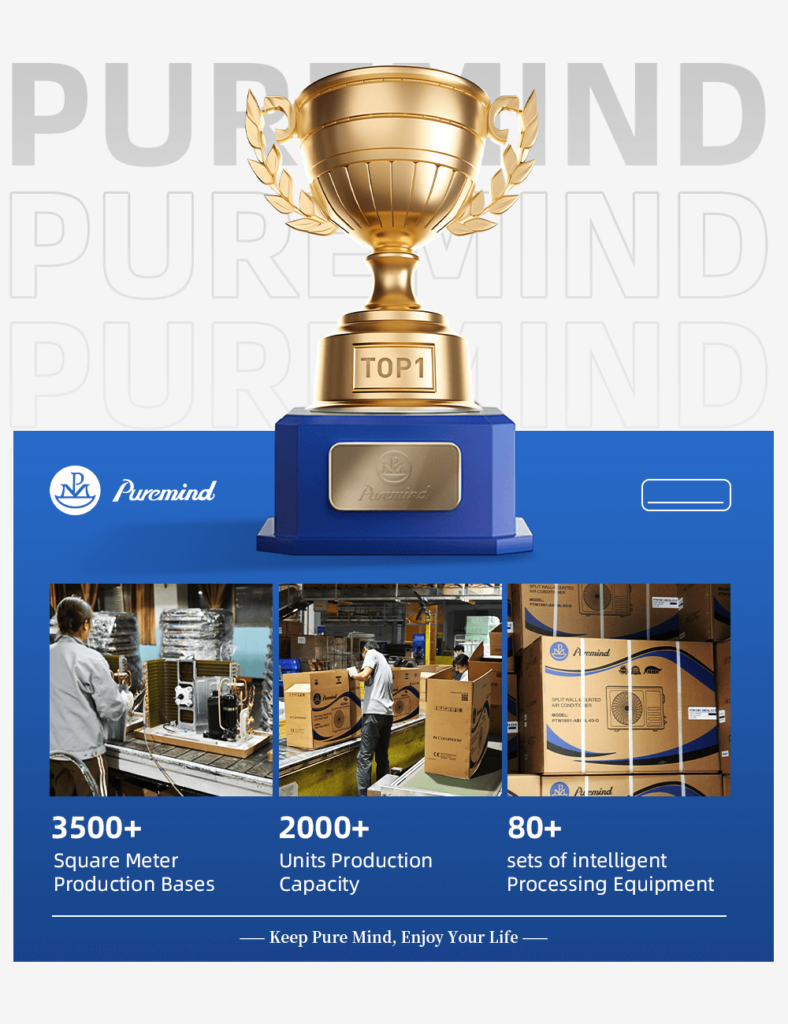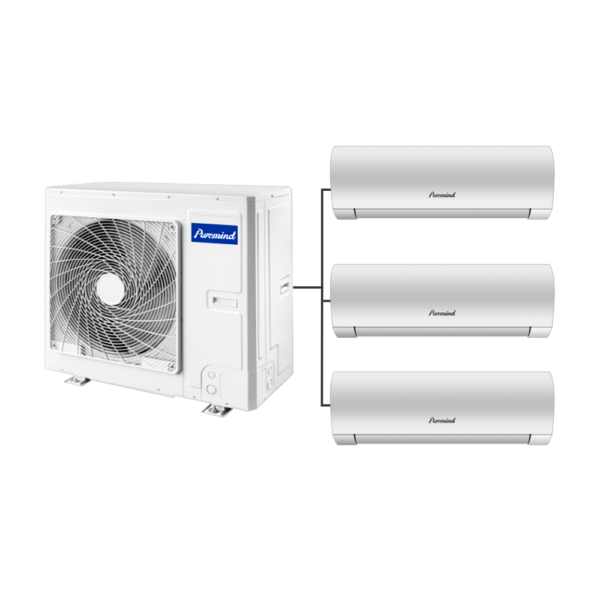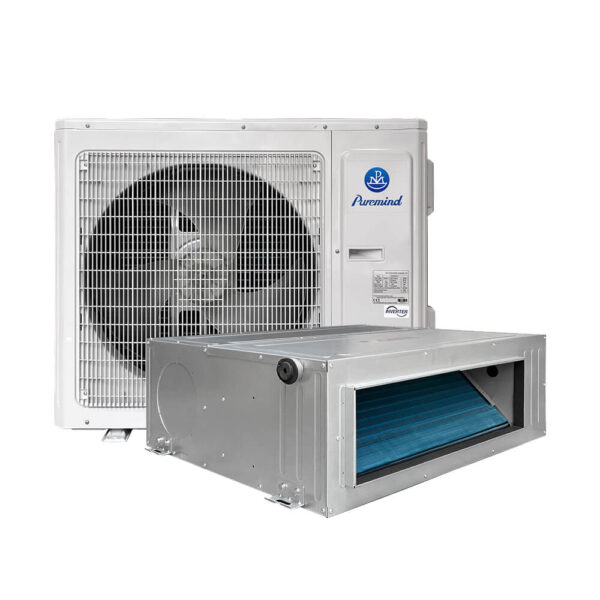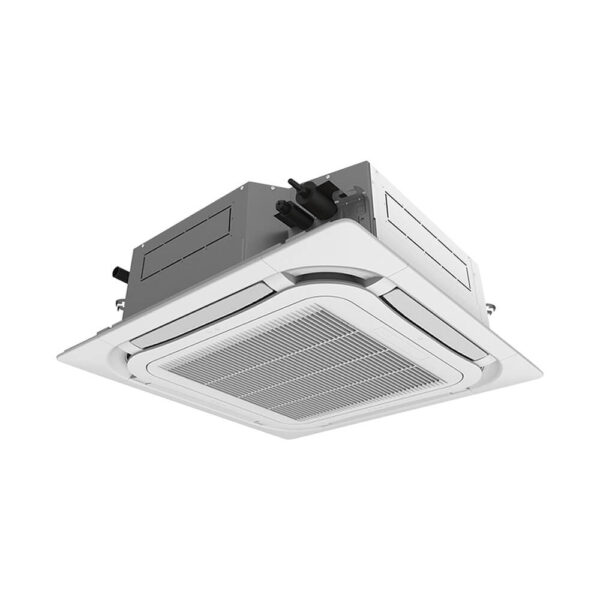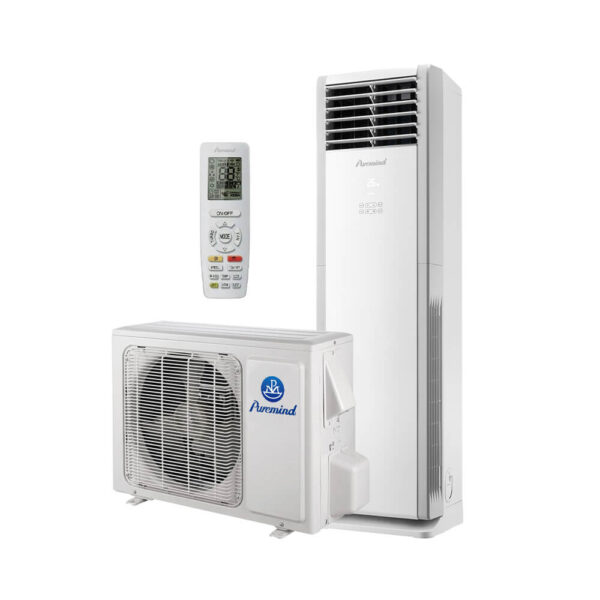Enterprise HVAC Supply: A Complete Guide for Wholesalers, Suppliers, and Distributors
As global demand for efficient building systems rises, the role of enterprise HVAC supply has become essential. Wholesalers, suppliers, and distributors are no longer just moving boxes—they are central partners in helping businesses meet compliance requirements, lower costs, and achieve sustainability goals. This article provides a detailed look at what enterprise-level HVAC distribution involves, why it matters, and how players in the supply chain can stay competitive.
Understanding Enterprise HVAC Supply
At its core, enterprise HVAC supply refers to the large-scale sourcing and distribution of heating, ventilation, and air conditioning systems designed for commercial and industrial environments. Unlike residential units, these systems are built to handle complex requirements, such as high occupancy loads, precision cooling in data centers, or strict air quality standards in hospitals. For distributors, this means ensuring reliable access to specialized equipment while maintaining competitive pricing and regulatory compliance.
Why It Matters for Wholesalers and Distributors
In commercial projects, delays or poor equipment quality can result in significant financial losses. A strong supply chain helps wholesalers deliver more than just products—it enables reliability and trust. Businesses that excel in commercial HVAC supply can develop lasting relationships with contractors, engineers, and facility managers. More importantly, they can expand into new markets by proving their ability to meet large-scale project requirements.
Benefits of a Reliable Supply Network
- Consistency: Contractors can depend on timely deliveries to keep projects moving.
- Efficiency: Bulk purchasing reduces costs and improves turnaround times.
- Market Reach: Wholesalers with strong networks can expand services regionally or globally.
- Reputation: Reliability builds trust, which is invaluable in the B2B marketplace.
Key Products in Enterprise HVAC Distribution
Wholesalers and distributors manage a wide product portfolio to meet varying commercial needs. The following categories represent the backbone of enterprise-level HVAC supply:
- Commercial air conditioners and split systems (see split air conditioner options here)
- Industrial chillers and cooling towers
- Heating systems including furnaces, boilers, and large-scale heat pumps
- Advanced ventilation and filtration solutions for indoor air quality
- Smart controls, thermostats, and building automation systems
- Rooftop units and packaged systems designed for high-occupancy spaces
- Replacement parts such as compressors, motors, and coils
How the Enterprise HVAC Supply Chain Works
From manufacturer to end user, each step in the supply chain determines whether commercial projects succeed or face delays. Here is a simplified breakdown of the process:
- Manufacturing: Equipment is built to meet standards like AHRI certification.
- Bulk Purchasing: Wholesalers buy directly from manufacturers, often negotiating favorable pricing.
- Regional Distribution: Products are stored in warehouses to ensure availability.
- Contractors: Technicians and engineers source equipment from distributors to complete installations.
- End Users: Hospitals, office towers, schools, and factories rely on commercial HVAC systems for daily operations.
Best Practices for Wholesalers in Enterprise HVAC Supply
Standing out in the competitive HVAC distribution industry requires a balance of logistics, technical knowledge, and customer service. Wholesalers who adopt the following best practices are more likely to thrive:
- Forecasting Demand: Use data analytics to prepare for seasonal peaks and regional variations.
- Supplier Diversification: Partner with multiple manufacturers to avoid reliance on a single vendor.
- Compliance Assurance: Ensure that all products meet AHRI certification and local building codes.
- After-Sales Support: Offer maintenance resources, spare parts, and training.
- Digital Integration: Invest in ERP systems and e-commerce portals to simplify client ordering.
Case Study: Supplying HVAC for Data Centers
Data centers are among the most demanding environments for HVAC equipment. Servers generate massive heat, and cooling systems must run 24/7. A distributor specializing in enterprise HVAC supply for data centers developed partnerships with multiple manufacturers of precision cooling systems. By maintaining local inventory and offering technical support, the distributor secured long-term contracts with several technology companies. This case highlights how flexibility and technical expertise can transform a distributor into a strategic partner.
Challenges in Large-Scale HVAC Supply
Even the most efficient wholesalers face challenges in enterprise HVAC distribution. Factors such as global supply chain disruptions, raw material shortages, and changing refrigerant regulations require constant adaptation.
Major Obstacles
- Shipping Delays: Port congestion and international logistics issues can slow deliveries.
- Rising Material Costs: Fluctuations in steel, aluminum, and copper prices affect margins.
- Environmental Standards: Phaseouts of certain refrigerants demand new inventory strategies.
- Inventory Balance: Holding too much stock ties up capital, but too little risks lost sales.
Choosing the Right Enterprise HVAC Partner
Not all suppliers are equal. Contractors and facility managers evaluate distributors based on reliability, product range, and service. To attract clients, wholesalers should emphasize transparency, compliance, and added value.
Evaluation Checklist
- Does the distributor provide a wide selection of enterprise-grade HVAC equipment?
- Are they certified by recognized bodies such as AHRI or ASHRAE?
- Do they offer training and technical documentation for contractors?
- Is pricing clear and competitive?
- Do they provide flexible shipping and digital order management tools?
Regional Perspectives
Enterprise HVAC supply is influenced by local building codes, climate conditions, and economic factors. Here’s how it plays out across regions:
North America
With LEED certifications and energy codes driving demand, North America emphasizes efficiency and green building technologies. Wholesalers benefit by stocking high-SEER units and eco-friendly refrigerants.
Europe
Strict carbon reduction policies push distributors toward low-emission solutions. Demand for geothermal systems and renewable integrations is growing across EU markets.
Asia-Pacific
Urban growth and rising middle-class populations drive commercial real estate, fueling demand for enterprise HVAC distribution. Logistics remain complex due to geographic diversity.
Middle East
Extreme climate conditions require high-capacity systems with superior durability. Wholesalers focus on cooling tower efficiency and desert-tested equipment.
Future Trends in Enterprise HVAC Distribution
The future of enterprise HVAC supply is being shaped by sustainability, technology, and globalization. Distributors who adapt will lead the market.
Key Developments to Watch
- Smart Systems: HVAC units with IoT sensors enabling predictive maintenance.
- Green Refrigerants: Adoption of low-GWP alternatives in compliance with environmental goals.
- Digital Supply Chains: Use of AI and blockchain to enhance transparency and efficiency.
- Global Sourcing: Strategic partnerships across continents to stabilize supply.
Conclusion
The role of enterprise HVAC supply in modern business is expanding. From hospitals to data centers and office towers, reliable HVAC equipment ensures comfort, safety, and efficiency. For wholesalers, suppliers, and distributors, mastering the balance between logistics, compliance, and customer service will define long-term success. Those who invest in technology, sustainability, and partnerships will lead the next era of enterprise HVAC distribution.
